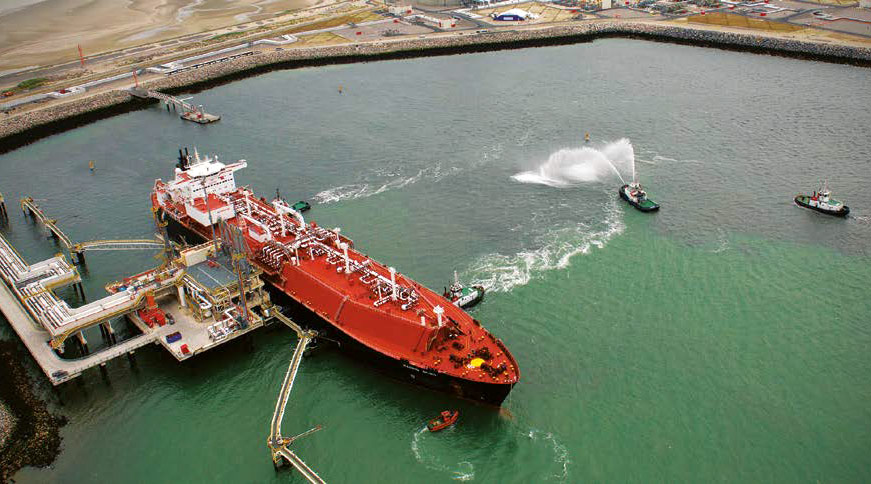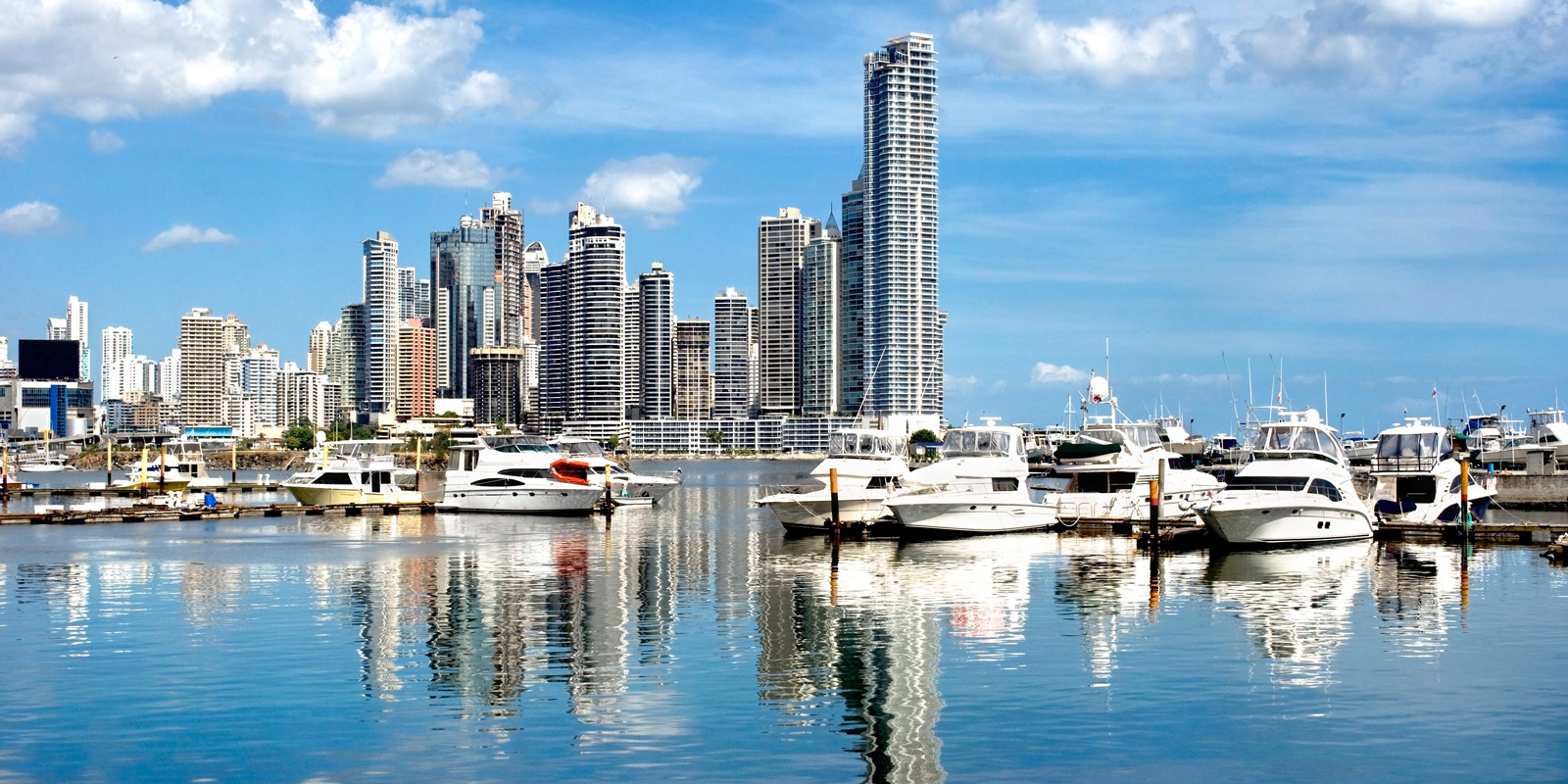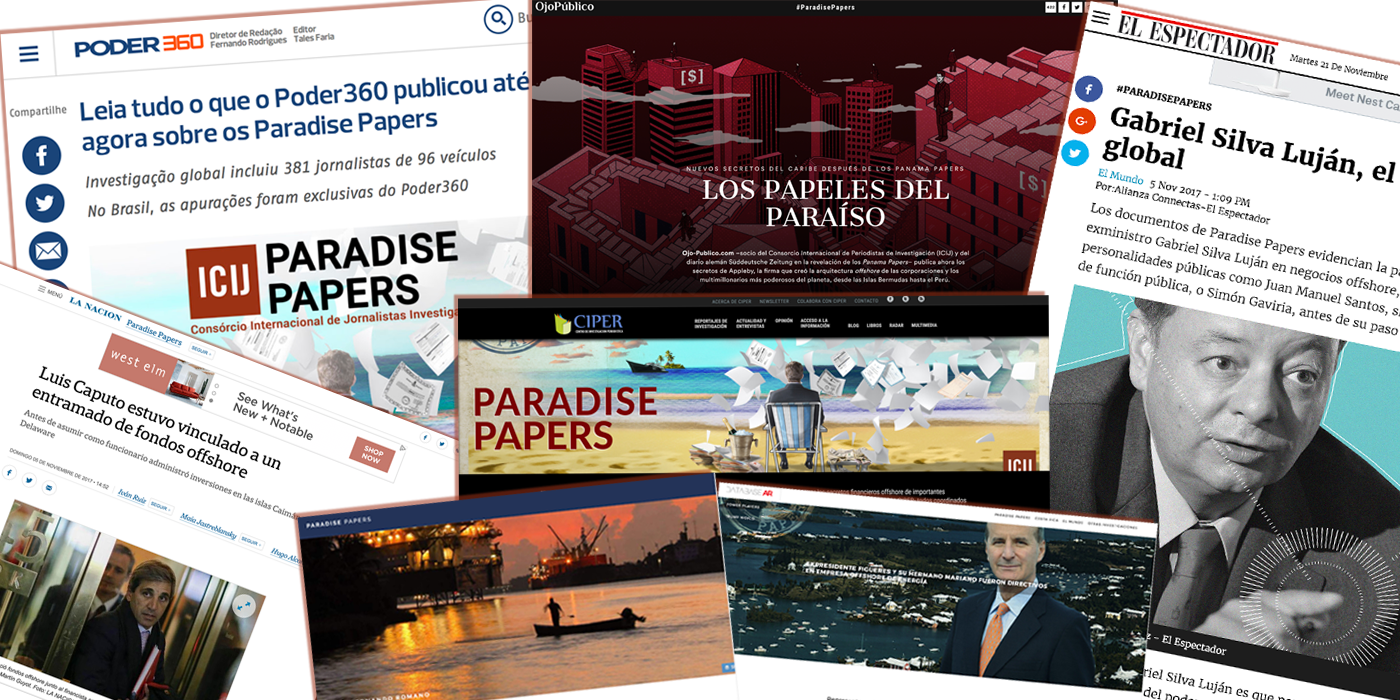Global industrial giant Techint faces multinational money-laundering and bribery allegations spawned by massive court and journalism investigations grounded in the Panama and Paradise Papers.
The news investigation – composed of journalists from Italy’s L’Espresso, Argentina’s Diario Perfil and Poder360 in Brazil – trawled judicial inquiry records in the three countries and in Switzerland, too.
Controlled by a family dynasty, and a mainstay of both the Italian and Argentinian economies since World War II’s end, the Techint group operates steel and iron factories, manufactures gas and oil pipelines and builds energy plants.
The $25-billion group, which reportedly includes 450 operating companies and a 75,000-strong workforce in 45 countries, has never before faced questions about the probity of its worldwide financial operations.
The journalists claim to have uncovered a previously unknown web of offshore entities used by Techint associates to shuffle money through tax havens and to pay bribes to Brazilian state companies.
Denying the allegations, Techint’s Swiss and Italian subsidiaries told L’Espresso that the company would prove its innocence in court. The Argentine parent told Diario Perfil an internal investigation had not found any wrongdoing.
According to L’Espresso, the journalists’ investigation stemmed from a 2014 revelation by the Brazilian judge in charge of prosecuting the Lava Jato, or Car Wash, corruption case.
Lavo Jato is a massive money-laundering and corruption probe by Brazilian police and Judge Sergio Moro into the state-owned oil company Petrobras focussed on the awarding of contracts at inflated prices.
Judge Moro accused a Techint subsidiary of paying $9.4 million in bribes to Petrobras between 2009 and 2014.
Court documents showed that some of the cash was allegedly used to obtain contracts and to pay off a member of former Brazilian president Luiz Inácio Lula da Silva’s cabinet.
From Brazil, judicial investigations have expanded to Argentina, Italy and Switzerland, and now directly involve Techint’s parent company, San Faustin, controlled by the Rocca family, one of the world’s most famous business dynasties.
Using the Panama and Paradise Papers’ millions of leaked offshore files, Diario Perfil, L’Espresso and Poder360 tracked $12 million transferred to a Uruguay-based company – allegedly by Techint associates, via four offshore companies – to pay for contracts later discovered to be “fictitious.”
After first being deposited in a Swiss account, then transferred to Brazil, the money was used to buy luxury properties and expensive paintings, among other things. Entities connected to the Rocca family and to Techint’s parent company were alleged to control the shell companies, whose directors were some of the conglomerate’s former executives.
In response to L’Espresso, Techint said that in 2016 it assigned two external firms to audit its Swiss and Italian subsidiaries – and they didn’t find any irregularities. The company added that the people associated with the offshore entities no longer worked for it.
The company also told Perfil an internal investigation into 5 million documents belonging to 21 people found no evidence of payments between 2009 and 2013 for illicit purposes.
In May 2017, the Brazilian government listed Techint as a member of a cartel of construction companies that were ordered to pay $3.6 billion for the loss their corrupt practices caused to taxpayers, La Nacion reported.
The investigations in all four countries are ongoing.


